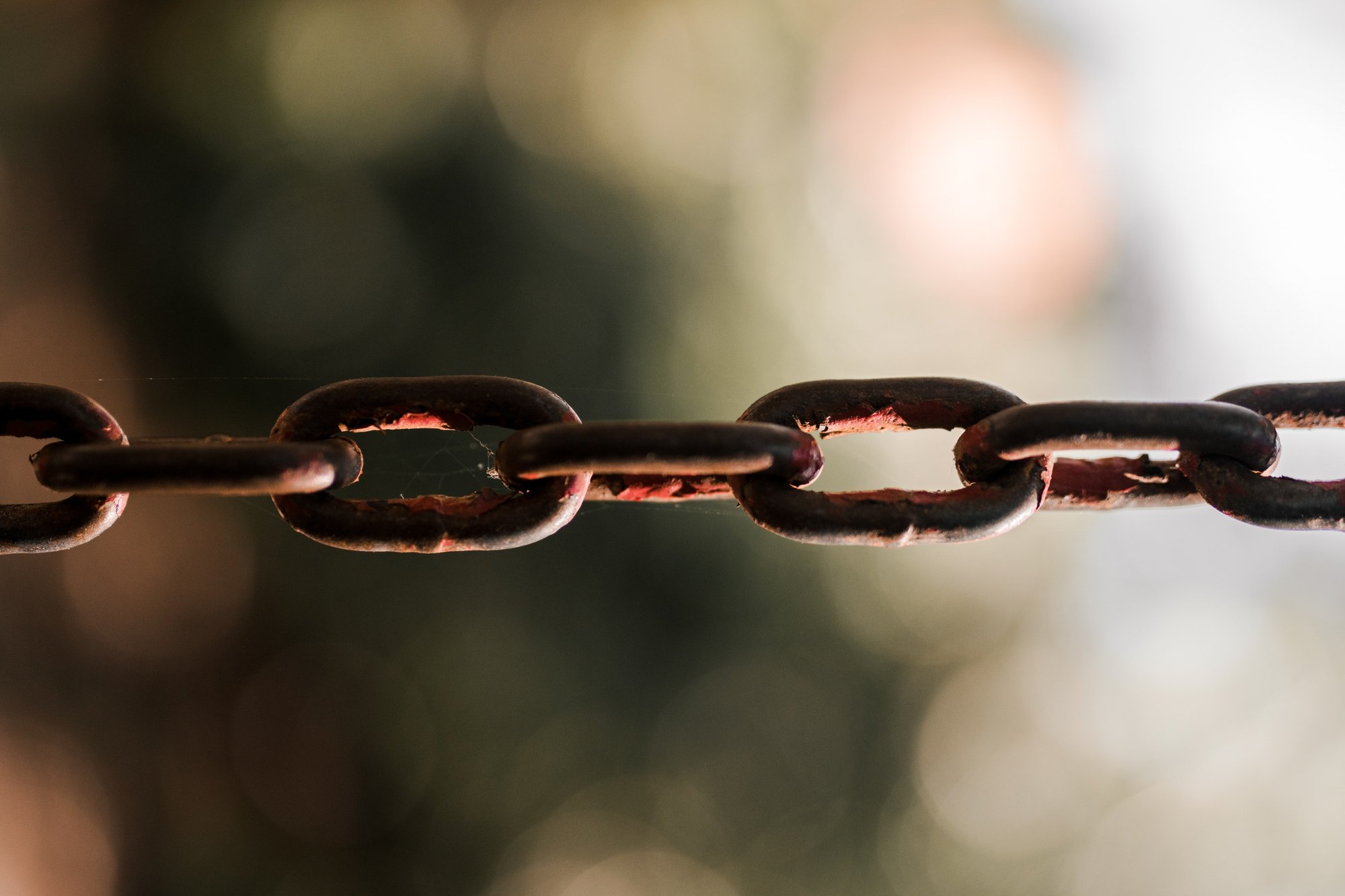
Are PTSD and Depression Linked?
What is the link between PTSD and depression? Some people believe that the two are directly linked, while others think that they are separate conditions. In this blog post, we will explore the link between PTSD and depression from my clinical practice.
People with PTSD have Experienced Life-Changing Events
PTSD fundamentally changes the way the body responds to people, places, and things. It feels confusing and draining. In an upcoming blog, I share a perspective on a day in the life of PTSD. The body changes the way it responds to information. Things are not the same. This causes a lot of emotional stress. PTSD can make people feel like they are in danger all the time. The body's response to PTSD is to be on high alert. This means that the person with PTSD is constantly feeling on edge and stressed. The constant stress takes a toll and can lead to depression.
PTSD is Isolating
PTSD can be overwhelming and make it hard to do everyday things. Many people with PTSD feel like they are on the outside looking in. They may not want to talk about their experiences or may feel like no one could ever understand what they are going through. This isolation can lead to depression. There is no switch to turn off PTSD symptoms. That means things that used to be fun aren't as carefree anymore. Spending time with friends and family has changed and can seem like too much. People with PTSD often have a hard time spending large amounts of time outside the house or in situations they are uncomfortable, making social relationships difficult.
Being Alert is Exhausting and Uncomfortable
Hypervigilance and being alert are difficult to tolerate for long periods of time. It can be hard to work or concentrate on anything for very long. This can lead to problems at home and work, as well as depression. When people with PTSD are in a group, they may avoid eye contact or always sit near the exit so they can make a quick getaway if needed. These behaviors can make it feel safer, but they are also emotionally and physically exhausting. It is hard to stay in an environment you do not stay safe in for very long. It is like putting your hand too close to a flame, it starts to get hot and you physically feel pain. You instinctively need to pull your hand away to make it stop. The same with PTSD there is only too much you can tolerate before you hit the point where it becomes too much and you have to leave or boil over.
PTSD Leads to Trauma Beliefs.
PTSD leads to people believing very negative things about themselves. Common beliefs like "I am unlovable," "I am not good enough," "I am weak," or any number of others. These beliefs cause people to doubt themselves and their worth. They make it hard for people to trust themselves. They make it hard to see the good in life.
Trauma beliefs teach us we can't have something we would like to have. They tell us that we are less than, fundamentally flawed, or undeserving. They can make us feel that we're not good enough, or that we'll never be happy. This can lead to depression when we feel as if we can't trust people, or that we can't trust ourselves. And that we will never get the future we want.
PTSD and depression can be linked in this way. But it's important to remember that these are just thoughts. They're not necessarily true. Just because you have PTSD doesn't mean you're doomed to a life of depression. You can challenge your trauma beliefs. You can learn to trust yourself and others again. You can find joy. I have worked with many people with PTSD and know for a fact that you are capable of far more than you realize and believe. PTSD is not your fault, but unless you address the unregulated nervous system that occurs when you are triggered you will keep feeling this way over and over whenever you are stressed.
Nervous system responses seem out of our control, but they are not. The first step is to understand how your nervous system works and what you can do to soothe it. That's where I come in. I help people with PTSD heal their nervous systems so they can live the life they want, not the life their trauma dictates. Trauma was not your choice, but you have the power to choose to create the life you were meant to live.
If you're struggling with PTSD or depression, treatment can feel like so much to add to your plate. People with PTSD often have difficulty seeking help. Because I know how hard it can be to seek help, my treatment focus is laid back and empowering. I take your lead because I do not want to add more to your plate than you can handle. During our work together you will stay in control and we can work together to help you meet your goals at a comfortable pace.
I want you to know that there is hope and help available. You are not alone. I am here to support you on your journey to recovery from PTSD and depression. Together, we can restore your nervous system and help you feel more hopeful and in control of your life.






